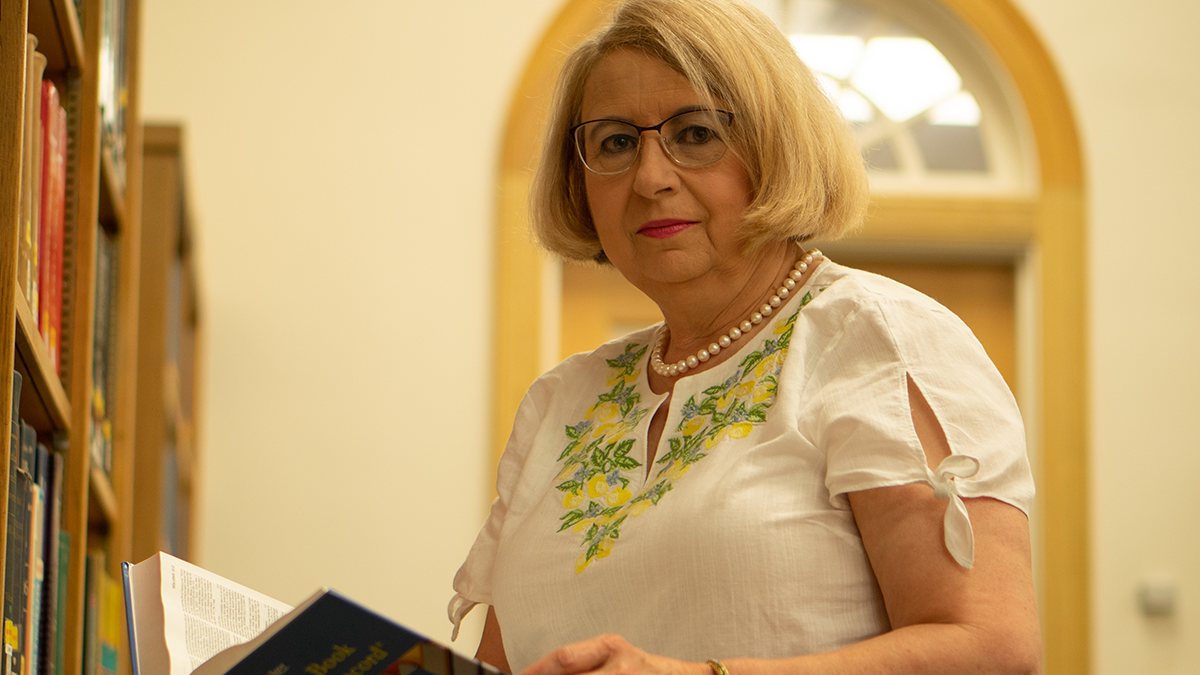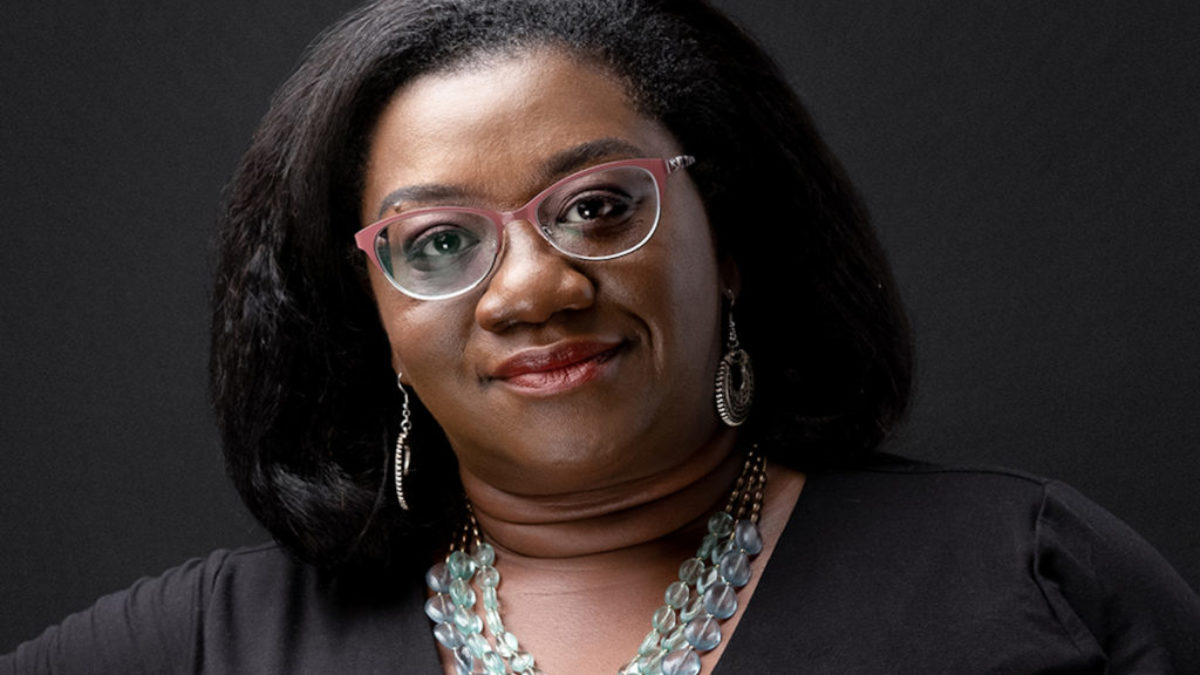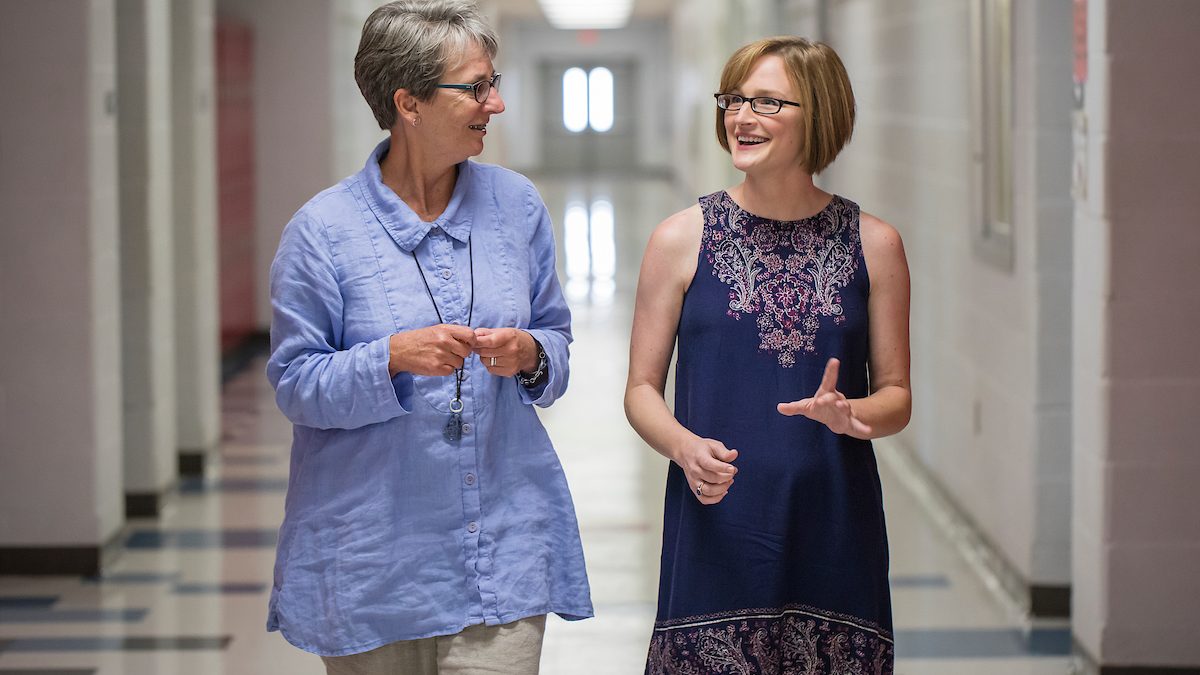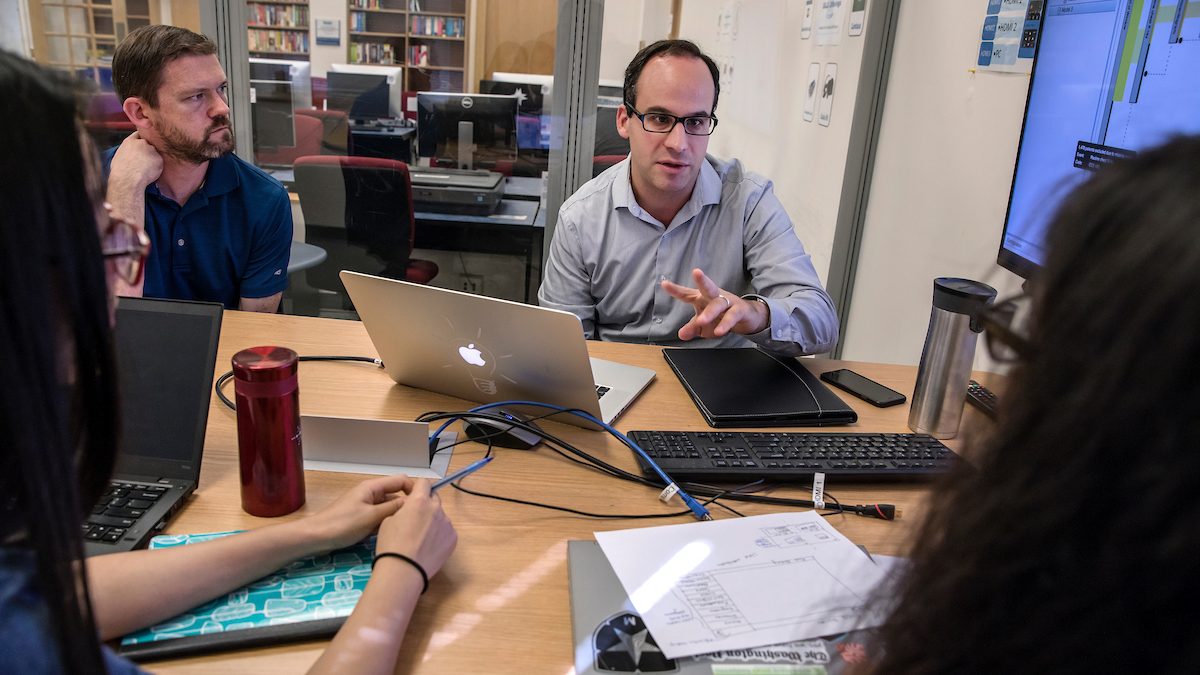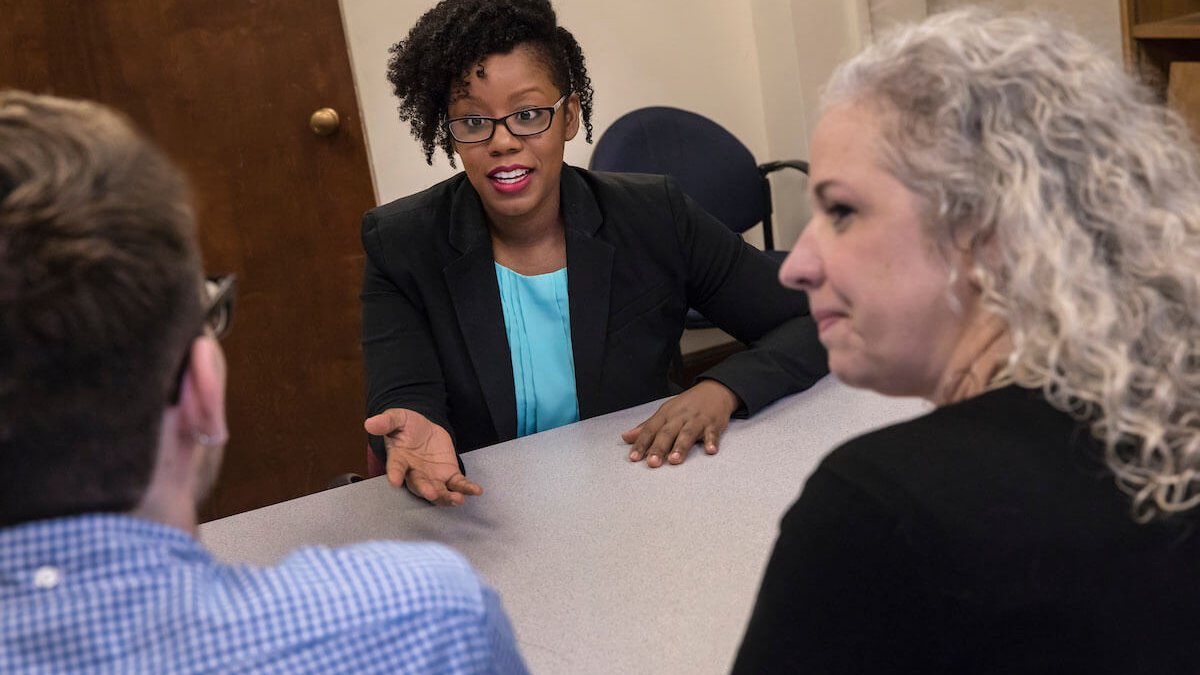Our Search Never Ends
It seems like Google can find everything – right up until it can't find what you need.
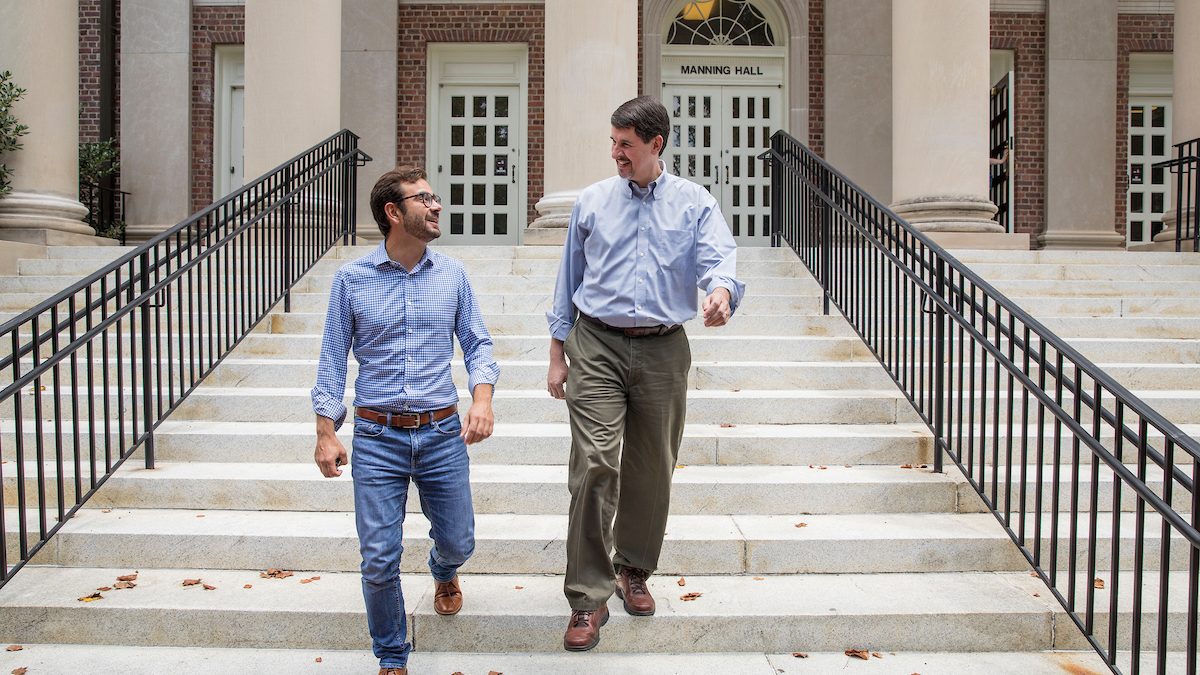
It seems like Google can find everything – right up until it can't find what you need.
It seems like Google can find everything – right up until it can’t find what you need. This is especially true when it comes to researching complex subjects and issues, which involve data that generally aren’t shown on the first few pages of search results, if at all.
With funding from the National Science Foundation, School of Information and Library Science (SILS) faculty members Jaime Arguello and Rob Capra are working to improve searches on intricate subject matters. This includes investigating how users interact with aggregated search results to develop solutions informed by how people actually search, and enabling people to capture and share the knowledge they acquire during a search in a way that will support collaboration and re-use.
Instead of starting from scratch, people will be able to benefit from information saved by others who have completed similar searches. These systems aren’t just meant to help researchers, but to make search engines such as Google and Bing more efficient tools to retrieve information. It’s just one more way we are working to create a more informed world.
